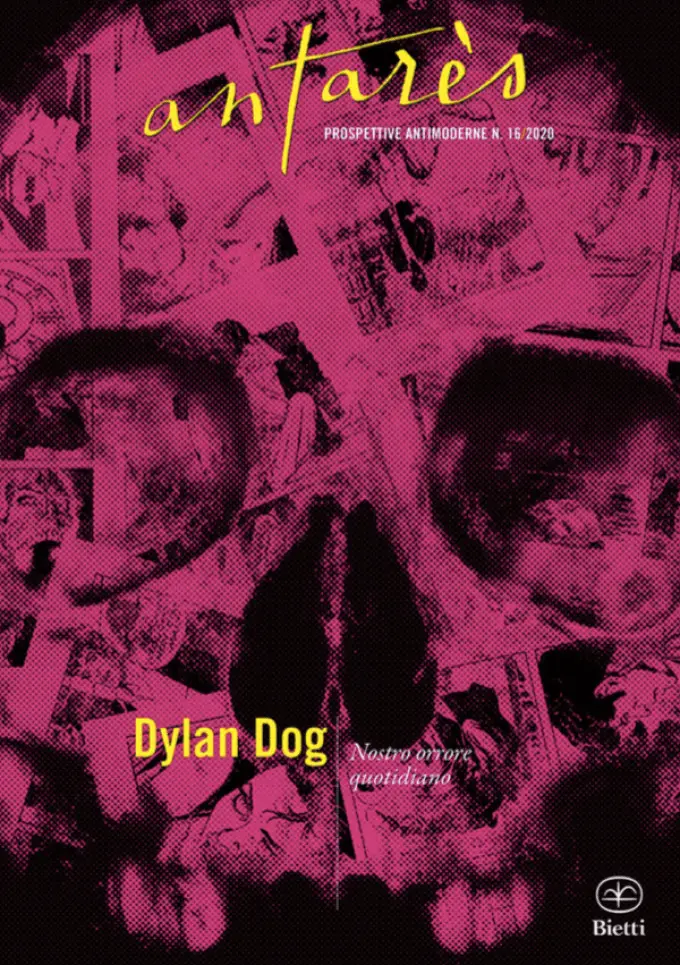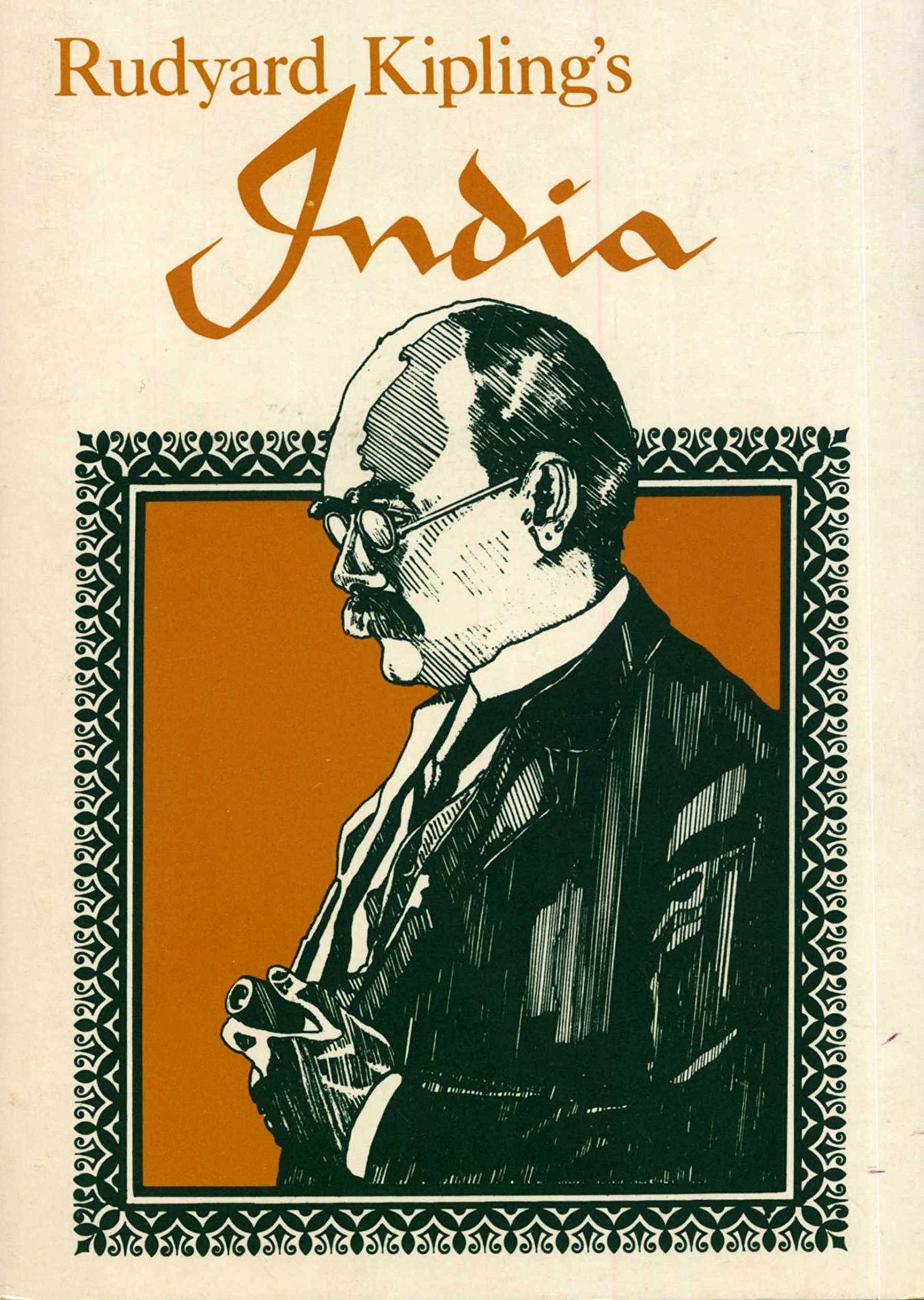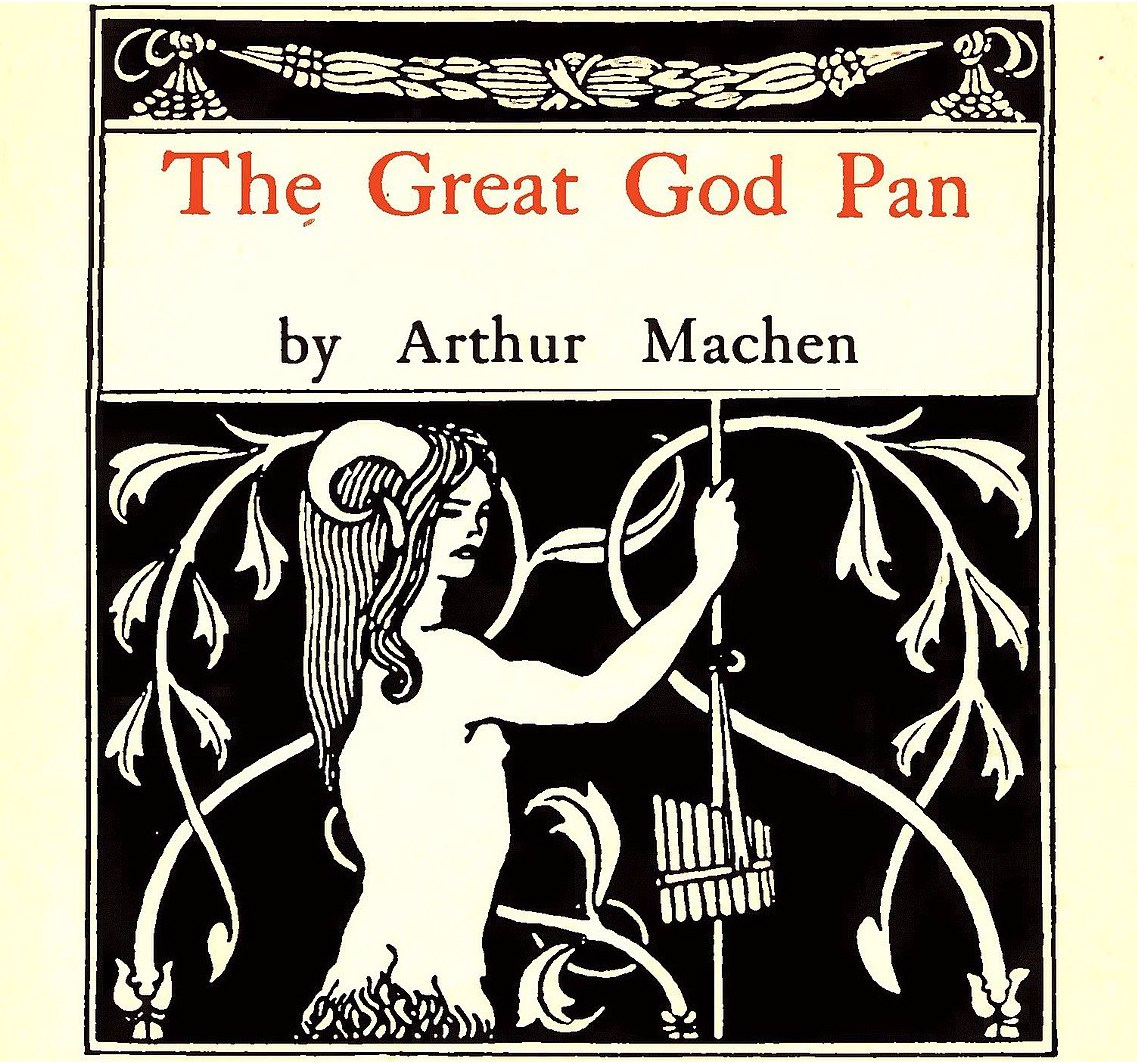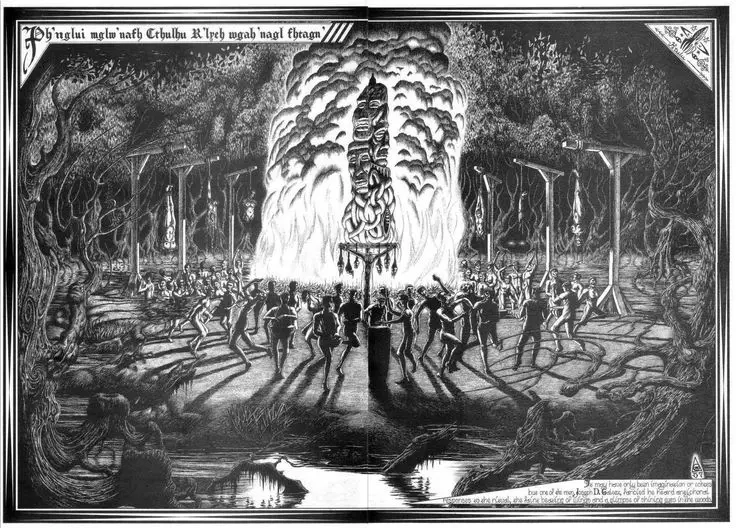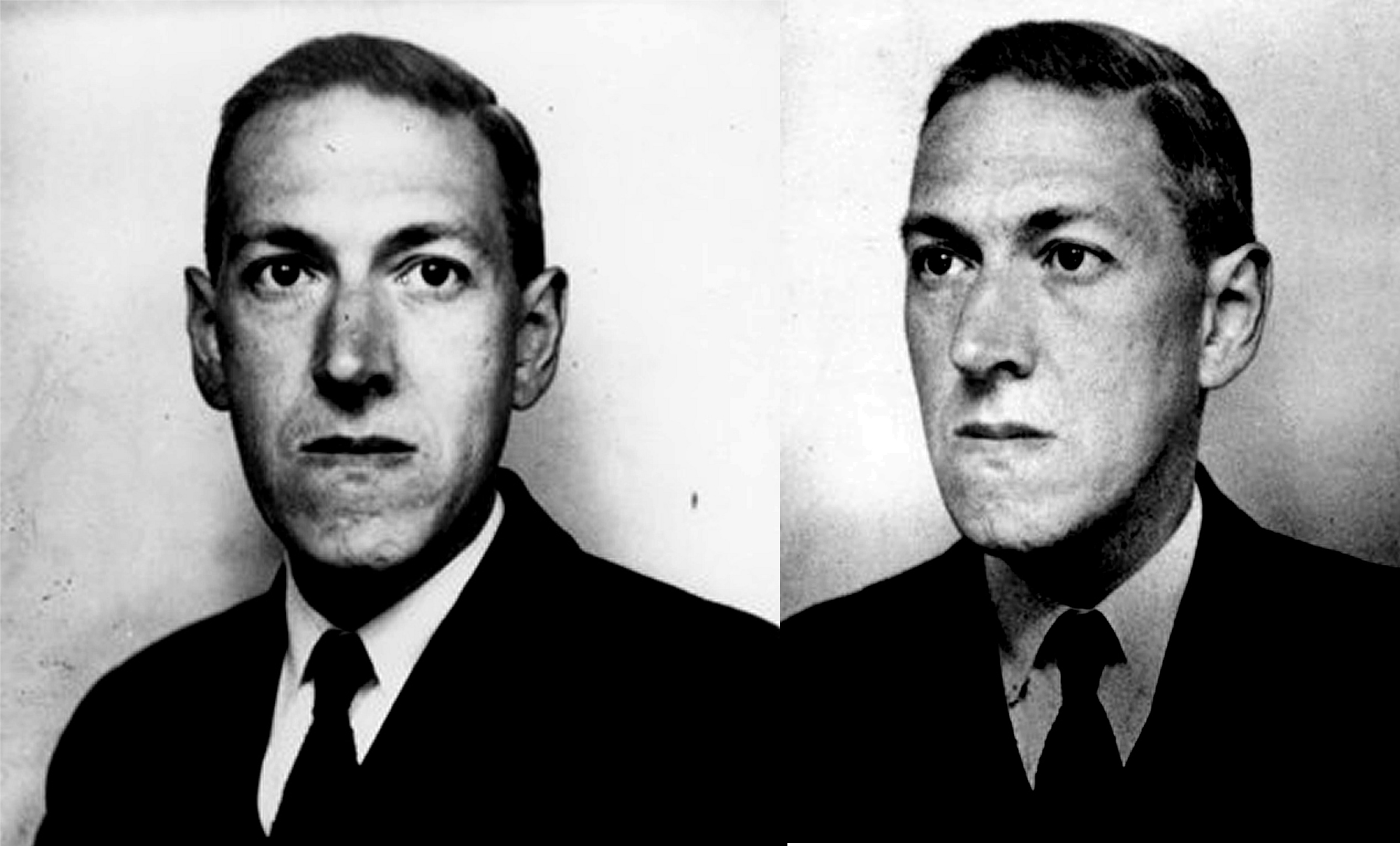Tag: Horror
Rudyard Kipling's India between folklore, terror and wonder
In the "Anglo-Indian Tales of Mystery and Horror", Kipling places himself in the position of Western observer and narrator of an 'other' and atavistic culture such as the Indian one, which if necessary reveals itself to his eyes as a mirror of ours.
Arthur Machen and the awakening of the Great God Pan
The recent reprint of Arthur Machen's "folk horror" masterpiece allows us to shed light on one of the most fascinating phenomena of "pagan rebirth" in the modern West: the awakening of the Great God Pan in Victorian England, at the turn of the 800th century. and the '900.
Beasts, men or gods: HP Lovecraft's alien cults
(image: John Coulthart, "The Call of Cthulhu")
The presence of mythical-religious themes in the work of the "cosmic Poe" - as Jacques Bergier defined it - is of interest not only from a literary point of view, but also with respect to the relationship between modernity and this type of knowledge. As is now known even to non "experts", Howard Phillips Lovecraft defined himself as a «absolute materialist and mechanistic[1] persuaded that the world was the mathematical sum of physical impulses governed by chance and deriving human aspirations to mere fantasies. Yet, behind this profession of faith - which too many have stopped at when questioning the Loner of Providence - there is much more. For example, the fact that he had studied and therefore well knew the ancient myths of the West, Greco-Roman but also Germanic and Norse. Well, how are these interests related to yours World vision? Why should an enthusiastic follower of science and technology be passionate about those myths that the same followers of the Goddess Reason often relegate to expressions of a convoluted and premodern, "infantile" humanity? The contradiction, in reality, is only apparent.
Lovecraft, or the inconsistency of the real
Article by Sebastiano Fusco.
Originally posted on Antarès, HP Lovecraft # 2 - The cosmic horror of the Master of Providence n. 8/2014, and subsequently on the place of the ed. Bietti.
The last time I tried to get a copy of the Necronomicon - the occult book which contains the knowledge capable of opening up worlds and making monstrous creatures break into a reality unprepared to welcome them - was some time ago, in the ancient library of an Italian city of art, famous for its collection d'incunabula (you will allow me to remain vague, for the reasons that will become clear immediately). A "courteous librarian", as Lovecraft would have said, after some hesitation told me that, yes, he remembered the presence of the volume in the august shelves of that temple of knowledge, but that unfortunately, in an indefinite period, it had been lost, stolen or destroyed. And, as proof, he showed me the registers of the venerable institution in which the book was duly marked with a bibliographic record complete with all the necessary elements, and with the words "Removed" next to it. I expressed my regret that such a fearful work could have ended up in imprudent hands, and the courteous librarian agreed.

